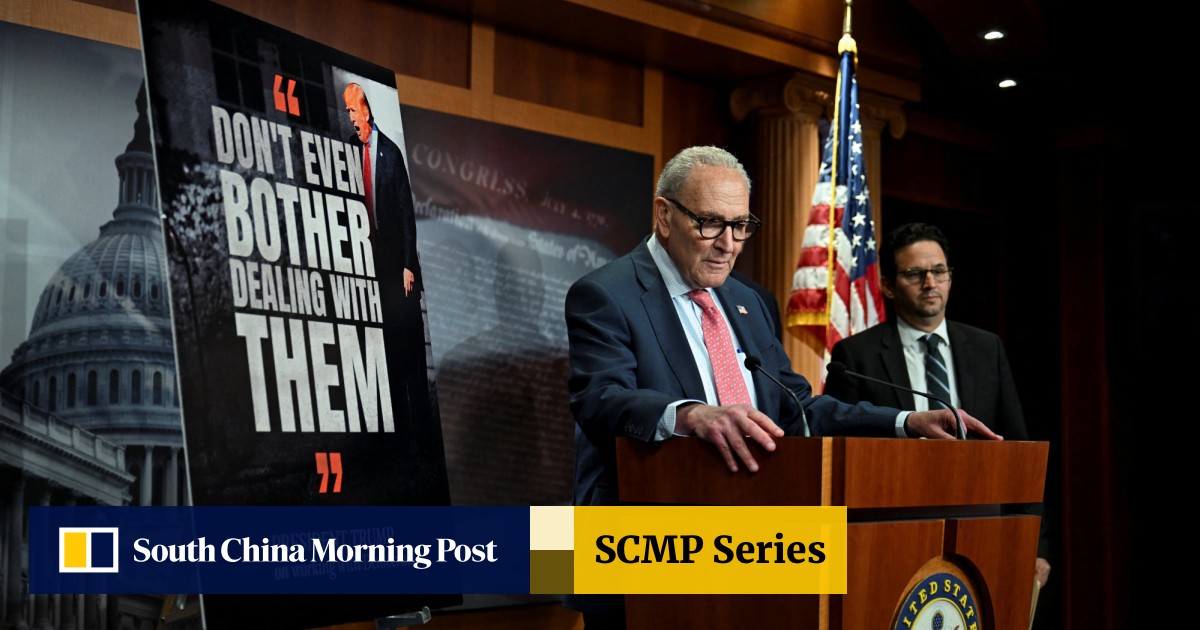US Senate Rejects Stopgap Measures to Avoid Government Shutdown
The US Senate has rejected proposed stopgap funding measures, increasing the likelihood of a government shutdown as lawmakers remain deadlocked over budget negotiations.

On September 19, 2025, the US Senate voted down a series of stopgap funding measures intended to keep the federal government operating past the end of the fiscal year, setting the stage for a potential government shutdown. The failure to pass these measures reflects deep divisions within Congress, particularly over spending priorities and policy riders attached to the funding bills.
Partisan Deadlock and Key Issues
The rejected stopgap bills were designed to provide temporary funding while lawmakers continued to negotiate a broader budget agreement. However, disagreements over border security, defense spending, and social program funding led to a breakdown in talks. Senate Democrats and Republicans traded blame, with each side accusing the other of prioritizing partisan interests over the needs of the American public. According to statements from Senate leadership, there is little optimism that a compromise can be reached before the September 30 deadline.
Implications for Federal Workers and Services
If a shutdown occurs, hundreds of thousands of federal employees could be furloughed, and many government services would be suspended or delayed. Essential services, such as national security and air traffic control, would continue to operate, but agencies like the National Park Service and IRS would scale back operations. The White House has warned that a shutdown could disrupt economic growth and undermine public confidence in government institutions.
Next Steps and Political Fallout
With the deadline looming, both chambers of Congress are expected to continue negotiations in the coming days. Some lawmakers have floated the possibility of a short-term extension if a broader deal cannot be reached, but prospects remain uncertain. The standoff has already become a major political issue, with both parties seeking to frame the debate ahead of the 2026 midterm elections. As the deadline approaches, pressure is mounting on congressional leaders to find a solution and avert a costly and disruptive shutdown.